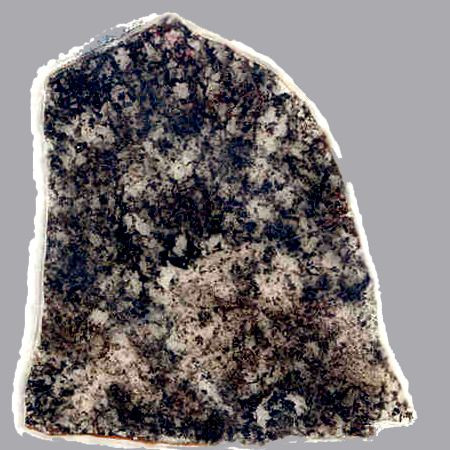Organism that hasn't evolved for 2 billion years 'proves Darwin right'

An organism that has not evolved for almost two billion years has been identified and supports Charles Darwin's theory of evolution.
The sulphur bacteria was found preserved in rocks in Western Australia's coastal waters.
In their study, published in the Proceedings of the National Academy of Sciences, the researchers from UCLA used state-of-the-art technology to compare a 1.8 billion-year-old sample to bacteria from the same region from 2.3 billion years ago.
Findings showed both sets were the same, but, moreover, that they were indistinguishable from modern sulphur bacteria found in the mud off the coast of Chile.
While most of Charles Darwin's work focuses on how organisms change over time to adapt to their environment, researchers say the lack of change seen in the bacteria gives even greater weight to his theory – the environment the organism was found in has not changed for three billion years.

Study leader J. William Schopf said: "The rule of biology is not to evolve unless the physical or biological environment changes, which is consistent with Darwin.
"These microorganisms are well-adapted to their simple, very stable physical and biological environment. If they were in an environment that did not change but they nevertheless evolved, that would have shown that our understanding of Darwinian evolution was seriously flawed.
"[However], it fits perfectly with his ideas."
The organism analysed dates back to the Great Oxidation Event, which took place between about 2.2 and 2.4 billion years ago and saw the planet's oxygen levels rise substantially. The period also saw a huge rise in sulphate and nitrate – nutrients microorganisms needed to survive in the seawater mud environment.
"It seems astounding that life has not evolved for more than 2 billion years — nearly half the history of the Earth," Schopf added.
© Copyright IBTimes 2025. All rights reserved.






















